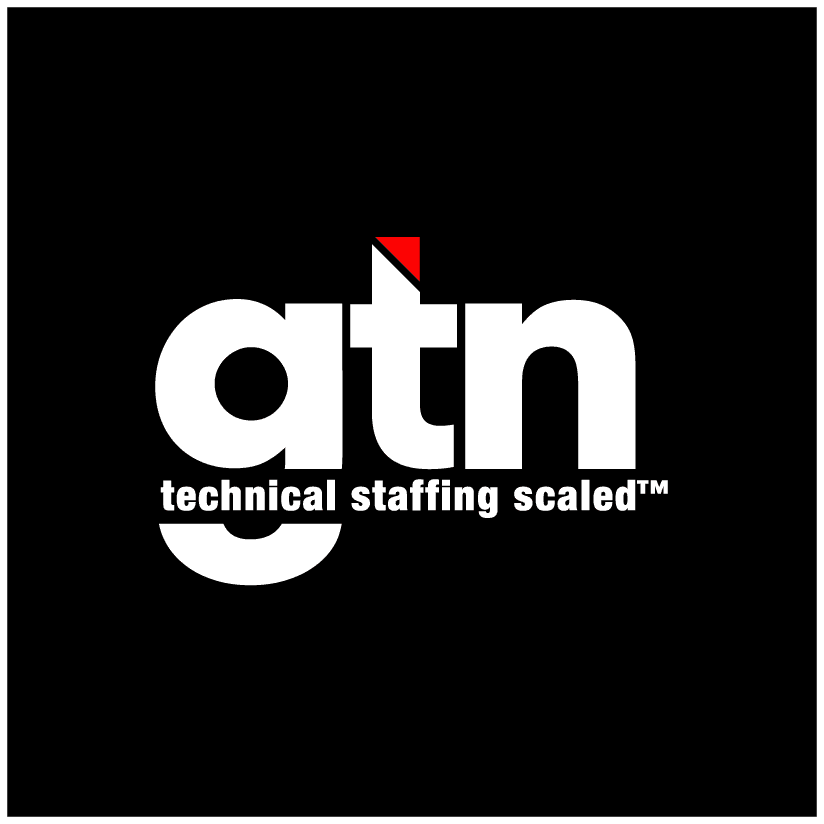Have you ever contemplated quitting your job for something better?
Are you having those thoughts now?
If you’re wondering if the grass is greener in neighboring pastures, know that you are not alone. Nearly half of all employees have contemplated leaving their current place of work according to the Society of Human Resource Management.
Reasons for Leaving
Wanting a change of scenery can be for any number of reasons.
A common reason employees leave a company is simply because “the company isn’t doing well.” Rumors such as these can swirl fast around the water cooler and our recruiters have often seen that they are simply not true. Try to find some real evidence of this before you jump ship solely for this reason.
One reason that can be hard to argue with is compensation. If you feel your time with the company and your talent should be yielding a higher pay, finding a job where you feel more appreciated may be a good idea. There are still few things to consider before jumping ship though.
Lastly, if you are contemplating leaving your job, and co-workers seem to be high on the list of reasons for doing so, know this: You are not tattle telling or bailing for petty reasons. Coworkers can be like annoying office siblings and your frustrations are valid.
Managers also play a big role in determining company culture and the daily work dynamics. 1 in 3 say their manager doesn’t know how to lead them and nearly the same amount of people say that “their manager doesn’t encourage a culture of open and transparent communication”.
Co-worker tension is a problem for many Americans, which becomes a drain on company culture. 3 out of 10 employees will even site poor workplace culture as a reason they are irritable at home.
Decisions, Decisions
It’s a strategic decision to make yourself the most valuable team member as possible, making you an asset to your current company and a valuable hire elsewhere. This can be done in a number of ways, such as sharpening your technical skill set and being a productive team member throughout projects.
Many companies you interview with will take a careful look at your work history. You will want something to show for it. This means you should have both technical and soft skills that were gained at each place of work, proving that your time at your previous employer was well spent.
Soft skills can be anything from honed leadership to astute problem solving skills. You should try to understand other programs, or use the program you are an expert in, to add different strategic advantages to your toolbelt of skills. These, as well as obtaining new certifications are highly valuable in the job market. It is also important that you have specific examples to back such claims up. It’s not bragging on yourself, especially if the interviewer asked!
You will want to give them a reason why you are worth more to their company than you were to your old company. If you are looking to move up the ladder, increase your pay, or work in a more competitive or desirable position, your tenure should prove that you have what it takes.
Show Me The Money
The company that could make you feel more appreciated could be the one you currently work for. While negotiating your pay can be difficult, it may be well worth your time as well as your company’s. The cost of hiring and training a new employee is very high.
There are also monetary costs, like consulting with a hiring agency or paying to post a job to a job board. Additionally, the loss in production from losing you can put added pressure on other coworkers, leading to poor quality and, potentially, loss of customers.
In many cases increasing your pay to keep you on board may be more cost efficient than onboarding a new employee.
Especially in a highly technical field, the training and certifications necessary to be an expert in a specific position can be very costly and take time to obtain. Time and money are two resources companies don’t like to waste.
Don’t Let History Repeat Itself Too Often
Before you move on to a new job make sure it is one that you are confident you will like. Even if you have savings it is wise to have a job before you leave your current one unless there is a serious issue for leaving. This will help you take the right job to enhance your career, not simply be pressured into finding a job.
This is a crucial part of your career because if your job history reads like a who’s who of the industry, employers may be wary of hiring you. While moving on from one job to the next is simply the end of one chapter and the beginning of another, the chapters can accumulate into a novel, or even worse a series. Your past tells a story and it is very possible that you will be asked why you left, so be thoughtful as to why you are leaving and how you have improved in your time at your last job.
Considering whether or not it’s time for you to move on from your current place of employment can be a big step, but carefully considering your options will allow you to feel like your decision is a sound one. Know that the answer is not always black and white, and you may have more options than you realize. So, be patient and look for something that will satisfy both you and your career long term.






